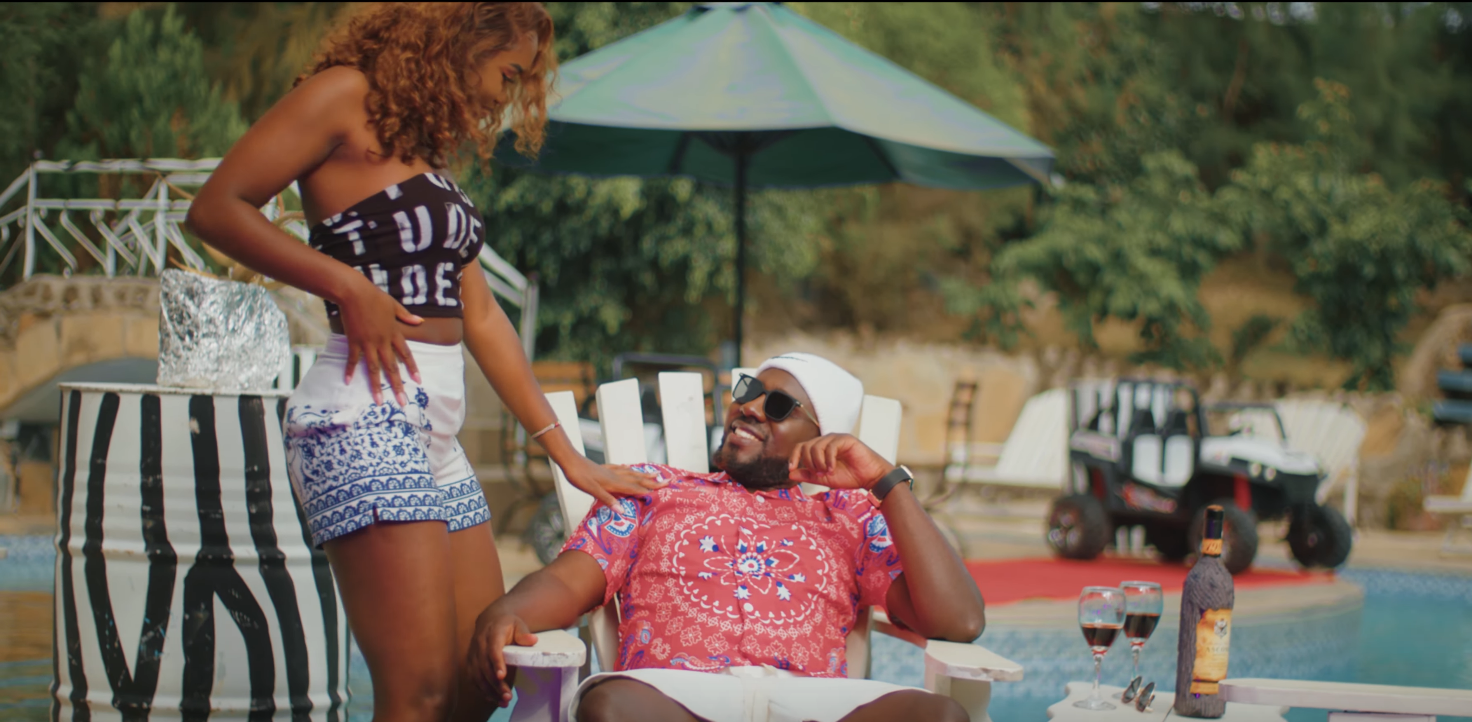How to Have Closer Friendships (and Why You Need Them)
Like so many people, I grew up watching the TV show “Friends,” dreaming of the day I would be living a glamorous city life surrounded by a group of close friends. Over the years, I’ve made lots of friends: childhood friends, work friends, college friends, writer friends. I have friends who like to hike, and friends who like to chat over coffee and friends who live far away but whom I talk to a few times a year.
But close friends? “Friends” level friends? The “I can tell you anything and count on you always” kind of friends? Not so much. A childhood friend and I had a falling-out, never to be repaired. Another close friend moved away.
But close friends? “Friends” level friends? The “I can tell you anything and count on you always”
In groups of adults, you often hear some form of this complaint: It’s hard to make friends as an adult. And if, for whatever reason, you don’t stay connected to your childhood or college friends, you can end up in your 30s (or 40s, or 50s) knowing a lot of people, but being close to very few of them.
Do we even need close friendships?
When you’re overworked and overwhelmed, the motivation to have dinner with a friend versus turning on Netflix and eating pizza with your spouse can be hard to summon. But the research is clear: Close friendships are necessary for optimal health and well-being.
“We are social and communal creatures,” said Serena Chen, a social psychologist and professor of psychology at the University of California, Berkeley. “When we are intimate with another person, we can experience positive mental and physical reactions in our body, mind and heart.”
Dr. Amir Levine, a psychiatrist and a neuroscientist and the author of “Attached: The New Science of Adult Attachment and How It Can Help You Find and Keep Love,” has studied humans and animals as a way to understand human bonding. “Social connections are the most powerful way for us to regulate our emotional distress,” Dr. Levine said. “If you are in distress, being in proximity to someone you’re securely attached to is the most effective way to calm yourself.”
What exactly does closeness mean?
If you look to popular culture to understand close friendship, you’ll be left with a few common tropes: the friend who will take a bullet for you; the friend you can call in the middle of the night and they’ll be there for you, no matter the inconvenience; the friend with whom you can share anything.
True close friendship (unsurprisingly) does not need to be quite as extreme. “A key to close friendship is intimacy, and a big part of intimacy is being able to be fully yourself and be seen and understood by others,” Dr. Chen said. “When people close to us don’t ‘get’ us, it’s undermining to intimacy.”
Reciprocation is also a key element to creating intimacy. Dr. Chen explained why all the people you know on Facebook or Instagram don’t necessarily count as close friends: “When we post something on Facebook and people give us affirmation in the way of nice comments or encouragement, that feels good, but it doesn’t
necessarily create intimacy because there’s no give and take.” A big part of intimacy is that both people feel they are seen and understood by the other person.





















0 Comments